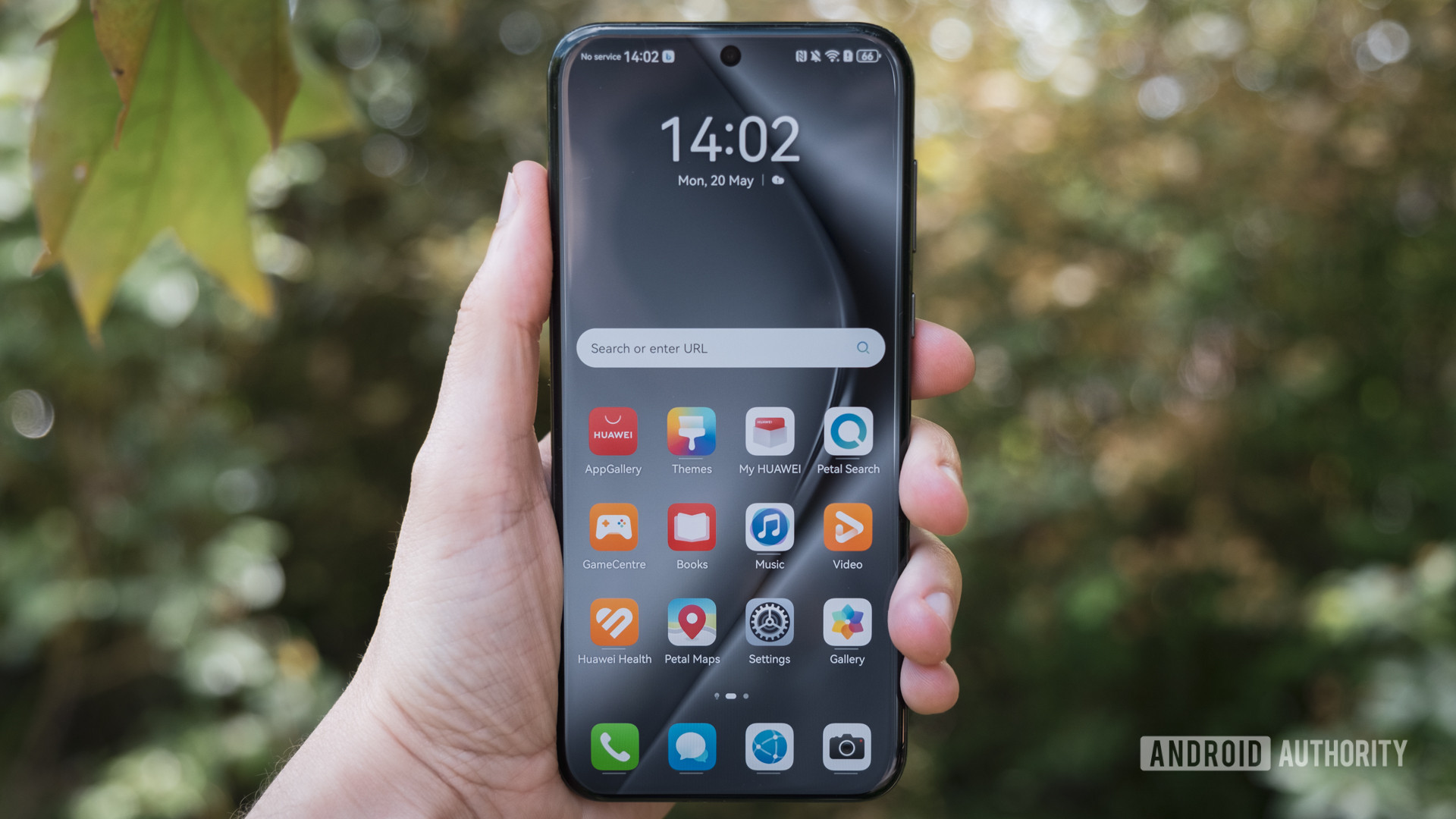Affiliate links on Android Authority may earn us a commission. Learn more.
HUAWEI is officially done with Android starting next year
November 26, 2024

- HUAWEI’s latest phones are designed to run on its new Harmony OS Next operating system.
- The original Harmony OS, used by HUAWEI in recent years, was partially based on Android.
- Harmony OS Next is completely Android-free, requiring its own apps and marking a bold move toward a fully independent ecosystem.
HUAWEI has unveiled its latest flagship smartphones, the Mate 70 series and the Mate X6 foldable, in China. But the real story is about HUAWEI breaking up with Android. These devices are the company’s first step toward switching to Harmony OS Next, an operating system built entirely in-house and free of US technological influence. (h/t: Bloomberg)
While the original Harmony OS, launched in 2019, was built on Android’s framework, this next-generation platform leaves Android behind entirely. Dropping Android means Harmony OS Next won’t support Android apps, which could be a significant hurdle for user adoption. HUAWEI has been working closely with developers, with reports that around 10,000 apps are already compatible with Harmony OS Next, with a goal of reaching 100,000 apps within months.
The Mate 70 series will be the first flagship phone to debut Harmony OS Next. However, the transition comes with a caveat: neither the Mate 70 nor the Mate X6 will ship with Harmony OS Next installed. Instead, these phones will run Harmony OS 4.3, which retains some Android elements. Updates to Harmony OS Next will be rolled out later, giving users the option to switch to the new system once it becomes available. By 2025, HUAWEI plans to launch all of its new devices with Harmony OS Next as the default. (via 9to5Google)
This transition to an Android-free experience is a significant development, not just for HUAWEI but for the entire tech industry. It remains to be seen how Android users in China will react to this change, but HUAWEI is confident that its new OS will deliver a compelling user experience. Whether this gamble pays off will depend on the company’s ability to convince users and developers alike to invest in its new ecosystem.
Thank you for being part of our community. Read our Comment Policy before posting.